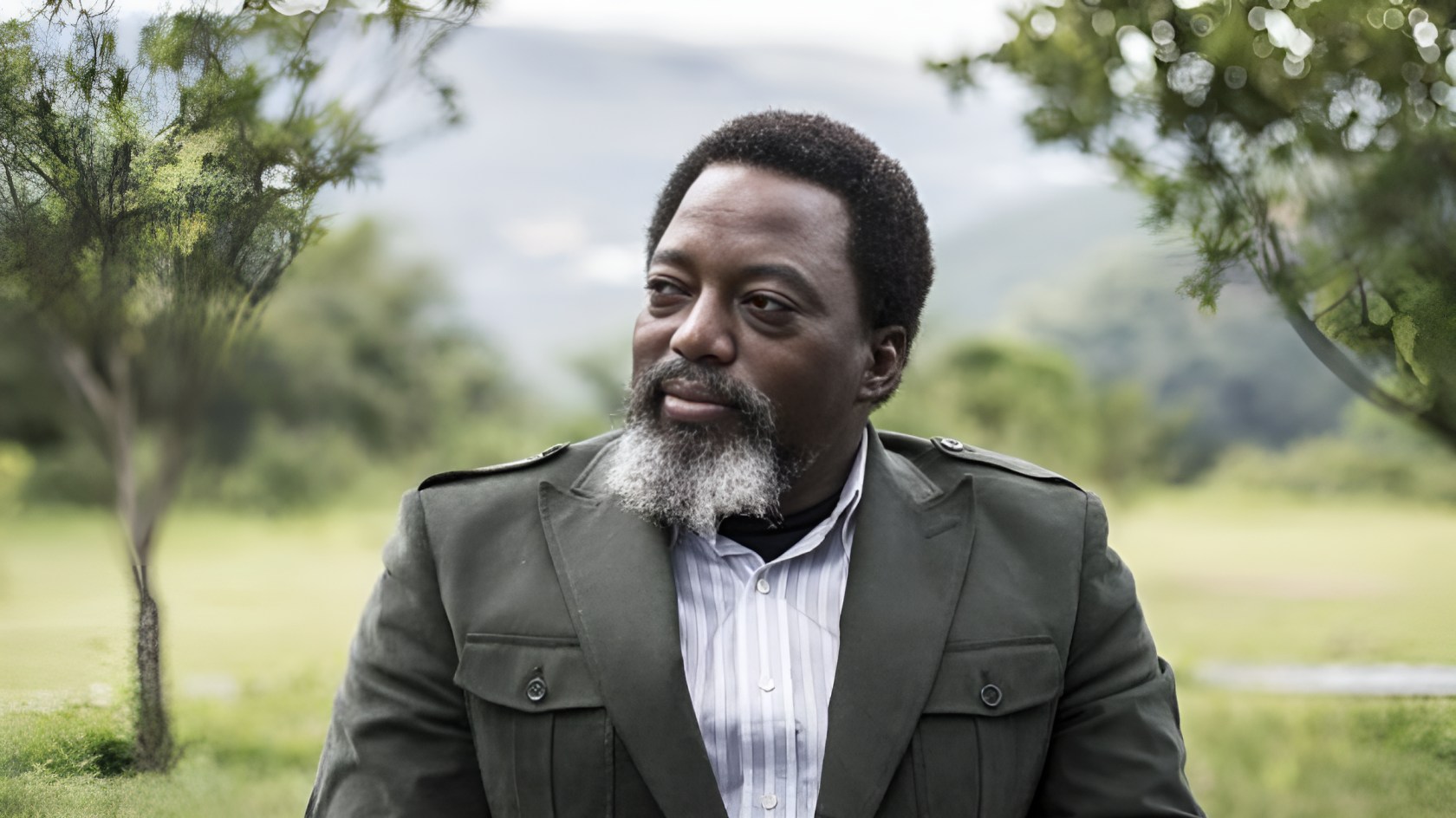The Democratic Republic of Congo is taking steps to lift the legal protection granted to former President Joseph Kabila, accusing him of supporting the M23 rebel group that has seized control of several parts of the country's east.
Justice Minister Constant Mutamba said on Wednesday that the government had gathered enough documents, witness accounts, and evidence to justify action against Kabila.
The military prosecutor has officially petitioned the senate to revoke Kabila’s immunity.
As a former head of state, Kabila holds the status of “senator for life,” a title that shields him from prosecution unless the senate votes to remove it.
Kabila, now 53, has not addressed the latest accusations but has previously denied any involvement with the M23 group.
The militia has made major gains in the mineral-rich eastern region this year, taking over strategic towns and intensifying the conflict.
The government believes Kabila has played a role in backing the group’s operations.
"Substantial body of documents, testimony and material facts" connect the former president to M23, the justice minister said.
Last month, Mutamba also announced the seizure of Kabila’s assets, further escalating the pressure on the ex-leader to return and answer to the allegations.
"Kabila must return to the country, face justice and present his defence," Mutamba said.
The former president has been living in South Africa for two years, citing academic reasons.
In January 2024, his doctoral thesis on Africa’s relations with the US, China, and Russia was validated by the University of Johannesburg.
Early last month, Kabila had indicated his intention to return home to help resolve the Eastern conflict.
Soon after, unconfirmed reports surfaced that he had arrived in Goma, a city recently overtaken by M23 rebels.
However, his political party, the People's Party for Reconstruction and Democracy (PPRD), quickly dismissed the claims.
The PPRD has since been banned by the authorities, who cited its “ambiguous attitude” toward the M23 occupation as the reason for the suspension.
The government accused the party of not taking a clear stance against the group’s activities in Congo.
Kabila led the country for 18 years, taking office at the age of 29 following the assassination of his father, Laurent Kabila, in 2001.
He was elected twice, but after his second term ended in 2016, he delayed elections for two more years, sparking deadly unrest across the country.
When elections were eventually held in 2018, Kabila handed over power to Félix Tshisekedi.
The outcome of that election was widely contested.
Observers claimed the actual winner was opposition leader Martin Fayulu.
Fayulu accused Kabila and Tshisekedi of striking a deal to block him from assuming office.
Both men denied this, but tensions between their political camps later worsened.
By December 2020, the coalition between Kabila's and Tshisekedi’s parties officially ended.
In 2023, Kabila relocated to South Africa.
While his departure was presented as being for academic reasons, it followed growing political tensions and legal pressure.
Despite the government’s moves, Kabila’s supporters say the former leader is being targeted unfairly.
However, Justice Minister Mutamba has insisted that the legal process must be followed and that Kabila must face the accusations directly.
Meanwhile, efforts to end the conflict in eastern Congo are ongoing.
DR Congo and Rwanda, which has also been accused of supporting M23 but denies the claims, signed a preliminary agreement in Washington last week.
Both countries aim to finalize a draft peace deal by Friday.

